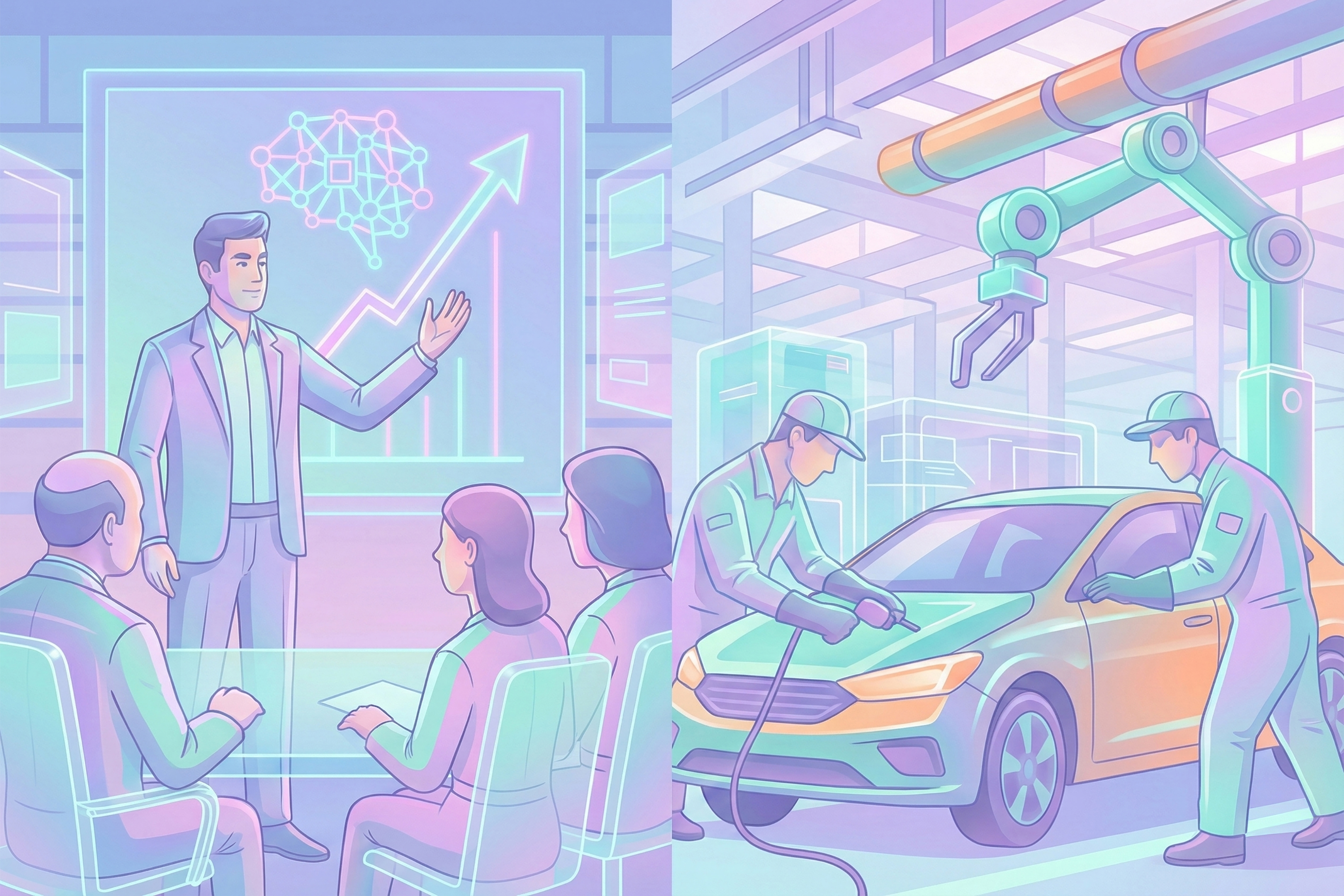
Ukraine is winning “the first TikTok war”. User-generated content already contributed to the Arab Spring and the Syrian civil war, but the role of social media in the war in Ukraine is truly unprecedented. As an ex-comedian and TV personality, selfie-president Zelensky clearly knows how to use social media to draw international support. His speeches have become viral sensations and together with the young digital native minister Mykhailo Fedorov and other media-savvy personalities, such as former boxer Vitali Klitschko, Ukraine is currently dominating the information war on social media.
Although the social media strategy of Ukraine is partly orchestrated in a top-down fashion, and Western digital gatekeepers play their part as well, the most important contributors in this information war seem to be average citizens and soldiers. Compared to traditional mass propaganda or the embedded journalism of the Iraq Wars, there is no single director in this decentral information war. There is an overwhelming stream of eyewitness videos, brought to us in the typical intimate and ‘authentic’ formats of TikTok and Instagram. We have seen viral videos of farmers stealing tanks, a stoic citizen removing mines, soldiers dancing on Michael Jackson, and the famous Bayrakter TB2 song. This remarkable, and sometimes uneasy, combination of Ukrainian bravery, suffering and humor is what is invoking the huge wave of solidarity among the West.
This first TikTok war makes it clear that centralized mass-propaganda has peaked in the 20st century and nation states need a new toolkit to win the hearts and minds of people in the media landscape of the 21st century.

